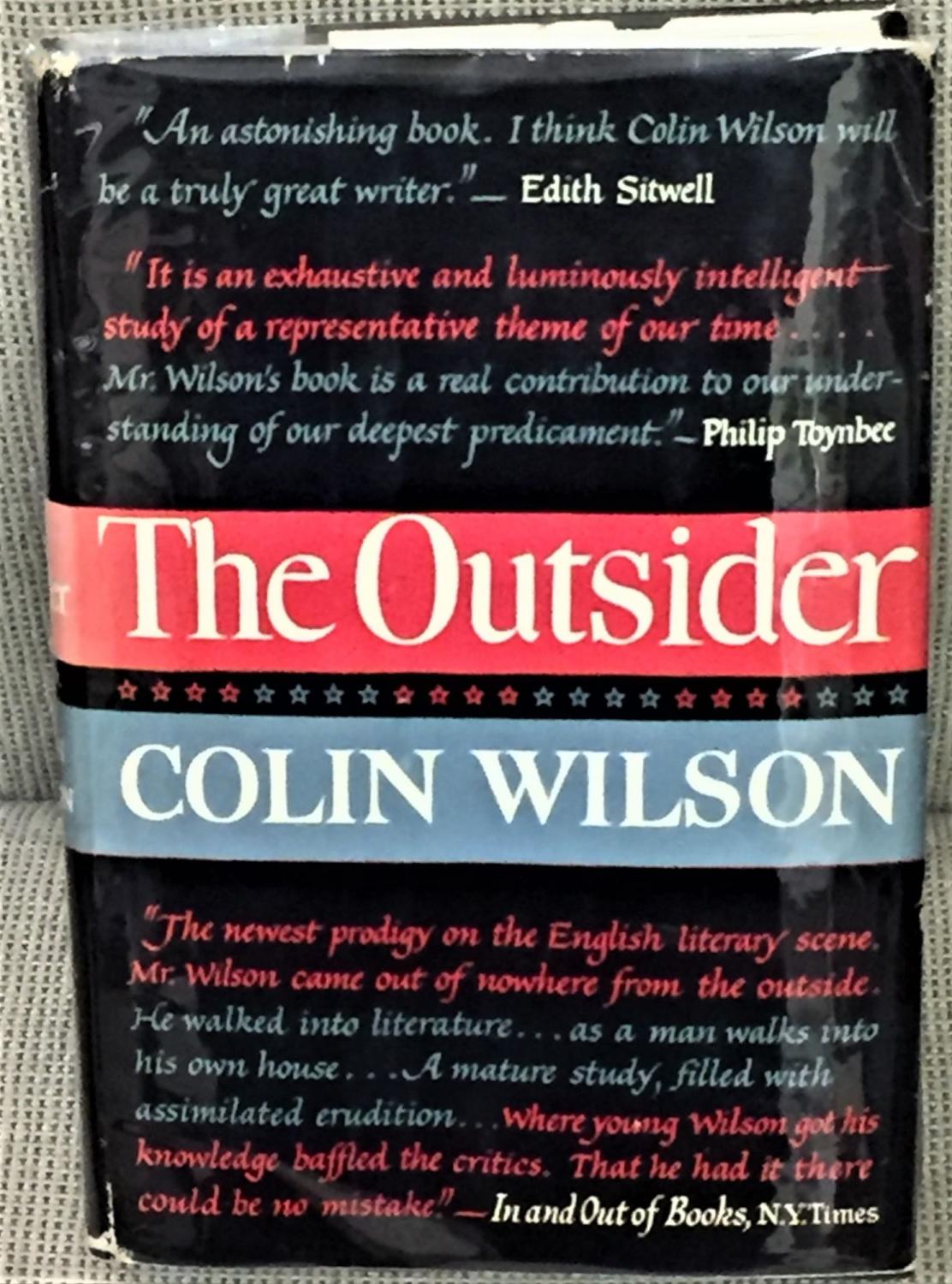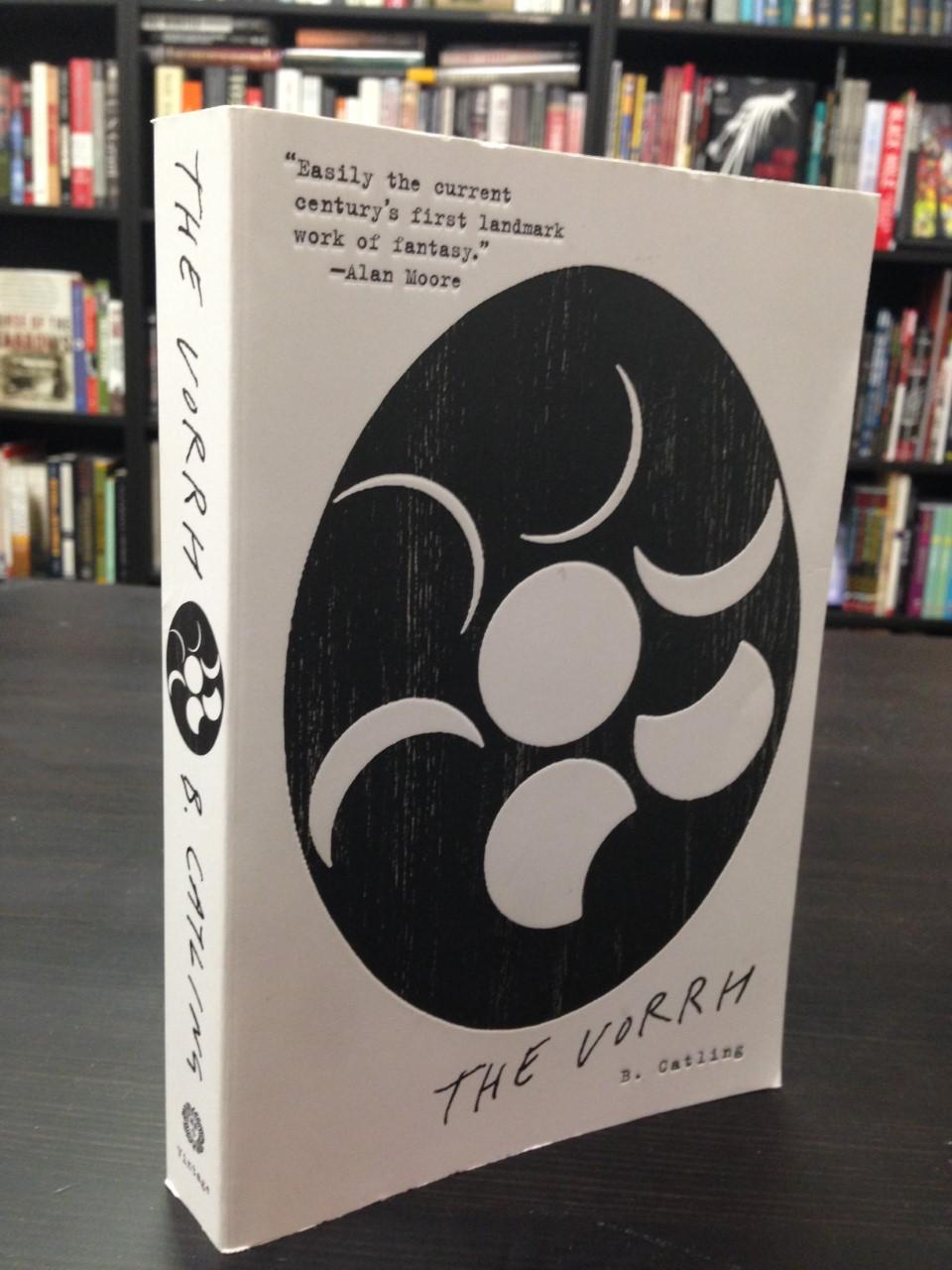I don’t know why poetry is so important to me. Sometimes I think about it and sometimes I simply sit and read it. When a new New Yorker magazine comes in the mail, I read the letters, look at the cartoons, and note the few articles I want to read. But even if there are no articles I that catch my eye, since Kevin Young has become the poetry editor, I usually set aside the magazine to read the two poems later.
This morning read the two poems in the September 13th issue.
I remember once someone on TV, I think it was Eric Hoffer, saying that he read and read and when he found a good sentence in a book he celebrated for a month. I feel that way about poems. When I find a line or two that I connect with I feel celebratory.
“Poetry Reading,” by Adam Zagajewski | The New Yorker
“Just then a speaker started playing
the songs of Billie Holiday—she sang
from immortality, without fear
But no, not quite, her fear was now
perfectly formed, refined”
“Tin,” by Jane Hirshfield | The New Yorker
“I studied much and remembered little.
But the world is generous, it kept offering figs and cheeses.
Never mind that soon I’ll have to give it all back,
the world, the figs.”
Of course there are many ways I read poetry. I love trying new poets. There are other poets that I continually refer to and reread. T. S. Eliot. Dylan Thomas. Anne Sexton. William Blake. Shakespeare. Charles Bukowski. Others. And of course, Homer who is never far away these days.
One of the reasons I don’t turn my back entirely on the religion of my youth is the poetry of the Bible and hymns. Like those phrases in poems I fall in love with, some phrases from the Bible and hymns are embedded inside me.
I continue to read Colin Wilson’s The Outsider. Although I have rejected what I hoped would be gaining insights to thinking about outsiders now, I want to follow his thinking throughout to the end. He describes a character in Herman Hesse’s Demian.
Almost like poetry, Bible passages, and hymns, Hermann Hesse is lurking inside my head. I read many of his novels and culminated in adapting The Glass Bead Game as almost a credo at one time in my life. It was this book that lead me to sit in the waiting room of my piano teacher in Ohio and do my own version of Yoga exercises and even meditation in preparation for a lesson. To this day my ability to relax as I do music has something to do with that and the fact that Richard Strasburg, my teacher, showed me some very good relaxation exercises at the keyboard. Exercises that I used as both as a student and as a rock and roller to relax as I practice or perform or even at the occasional bar gig. I still use these to get in touch with my musical self.
I’ve read Demian but I don’t remember much about it, like the speaker in Jane Hirschfield’s poem above, Wilson describes Emil Sinclair struggling with two worlds. The comfortable world of his family home and “paths that led into the future.” What interests me is Wilson’s description of Sinclair’s family home: “… his middle-class, well-ordered home…” with “straight lines and paths that led into the future. Here were duty and guilt, evil conscious and confession, pardon and good resolutions, love and adoration, Bible texts and wisdom. To this world our future had to belong; it had to be crystal clear, beautiful and well-ordered.” Wilson lapses into quotes from Hesse.
Later he describes Sinclair’s relief at returning from an troubling but typical adolescent disturbance in his life. Then Sinclair “sings the dear old hymns with the blissful feeling of one converted.”
The language alerts me to my own little journey. I don’t remember falling in love with any hymns or even Bible scripture as a young person. I remember watching.
I watched my Father preach three times a week: Sunday morning, Sunday evening, and Wednesday evening. I watched my Father sing solos and my Mother sing duets with my him. I remember watching the hymns in the hymnbook, looking at the music as well as the notes as most everyone sang in the little Tennessee church were my Dad was pastor. But I never personally had a “dear old hymn” I could sing with “blissful feeling” of any kind.
Sinclair’s lapse is temporary. He will return to the friendship and struggle with Demian.
For myself, I am content and even feel invigorated to find poetry where ever I can, from the wonderful singing of Billie Holiday to the odd warped little memories in my head of Bible and hymns.

